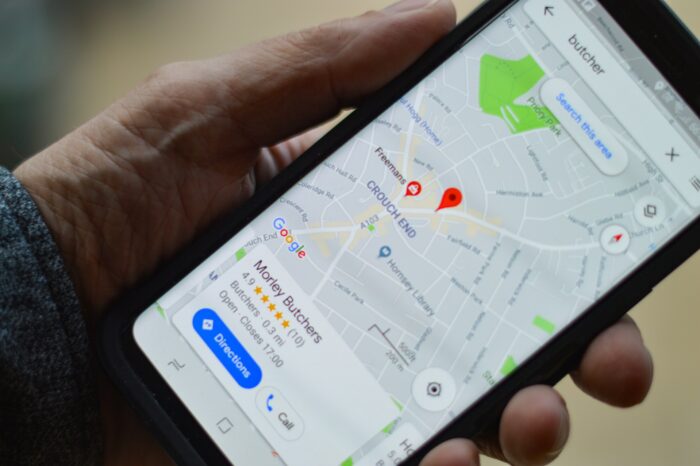More and more people are using their phones for a multitude of tasks such as making online and in-person purchases, creating events, scheduling reminders, tracking tasks, and virtual meetings. All these functions are in addition to those for which people have traditionally used phones, such as calls and text messages. Neuroscientists and psychologists have started to wonder if there is a link between technology use and increased risk of memory-related disorders.
In light of the COVID-19 pandemic, and the shift to work-from-home mandates for so many individuals, does the increase in use of technological devices have any effect on long term memory? According to a 2021 survey done by researcher Catherine Loveday, it has. Nearly 80% of surveyees reported their memory being worse compared to pre-pandemic times.
There is contention on the topic. Chris Bird, a cognitive neuroscience professor at the University of Sussex, states “I don’t have a problem with using external devices to augment our thought or memory processes. We’re doing it more but that frees up time to concentrate, focus, and remember other things.”
Other academics are more skeptical, such as neurobiology professor Oliver Hardt at McGill University. “Once you stop using your memory it will get worse, which makes you use your devices even more…. It’s good to do certain things in your head”, states Hardt. He gives an example that the brains of those who are overly dependent on GPS for navigation show reduced gray matter, in a pattern indicative of impaired spatial memory and hippocampal activity.
Putting this skepticism in practice, to reduce the risk of neurological disorders, one should intentionally do things that are mentally taxing (without relying on technology), like using a physical map to get to a destination, or doing math calculations in one’s head. By taking steps towards more cognitively effortful habits, brain health is optimized, as are cognitive processes including memory consolidation, decision making, and neuroplasticity.
Technology expert Linda Stone defines “continuous partial attention” as the impared ability to form long term memories as a result of being perpetually interrupted at an unpredictable frequency. When phones become unnecessary distractions, this limits one’s ability to attend to an experience fully and to subsequently encode it into long term memory. When one is not fully present in the moment, this interferes with the capacity to come up with ideas, to be creative, and to form insights and connections between two concepts. Multitasking is humanly impossible as disruptions from technology can contribute to the false belief that one can get more accomplished in less time, despite evidence that says otherwise. Critical thinking skills are impaired, and anatomical changes that facilitate storage of memories do not occur.

Photo by henry perks on Unsplash.
Concerning results from the ongoing ABCD study being done on over 10,000 American children may convince parents and their children to start setting limits and to be more strict about technology use. Larry Rosen, who explores the link between social media and the brain, has concluded that children who use technology at a high volume exhibit cortical thinning – a pathology that is typically only seen in older adults diagnosed with Parkinson’s or Alzheimer’s.
Evidently, humanity’s dependence on technology in this day and age is unavoidable. Despite the many benefits it has brought for increasing productivity, it’s important to be more circumspect about using technological devices and engaging in social media in ways that maximize benefits while limiting risks. Some recommendations are: everyone should enforce social media breaks, parents should set restrictions on the amount of time children spend on certain apps, and adults should practice more self-awareness about how reduced time on one’s phone can lead to greater feelings of calm, self-control, and a better memory of joyful events.
Tags: aging, attention, covid-19, math, memory, mental health, myths, neurological disorders, pandemic, privacy, psychology, social mediaCategorised in: Uncategorized
This post was written by Linda H
